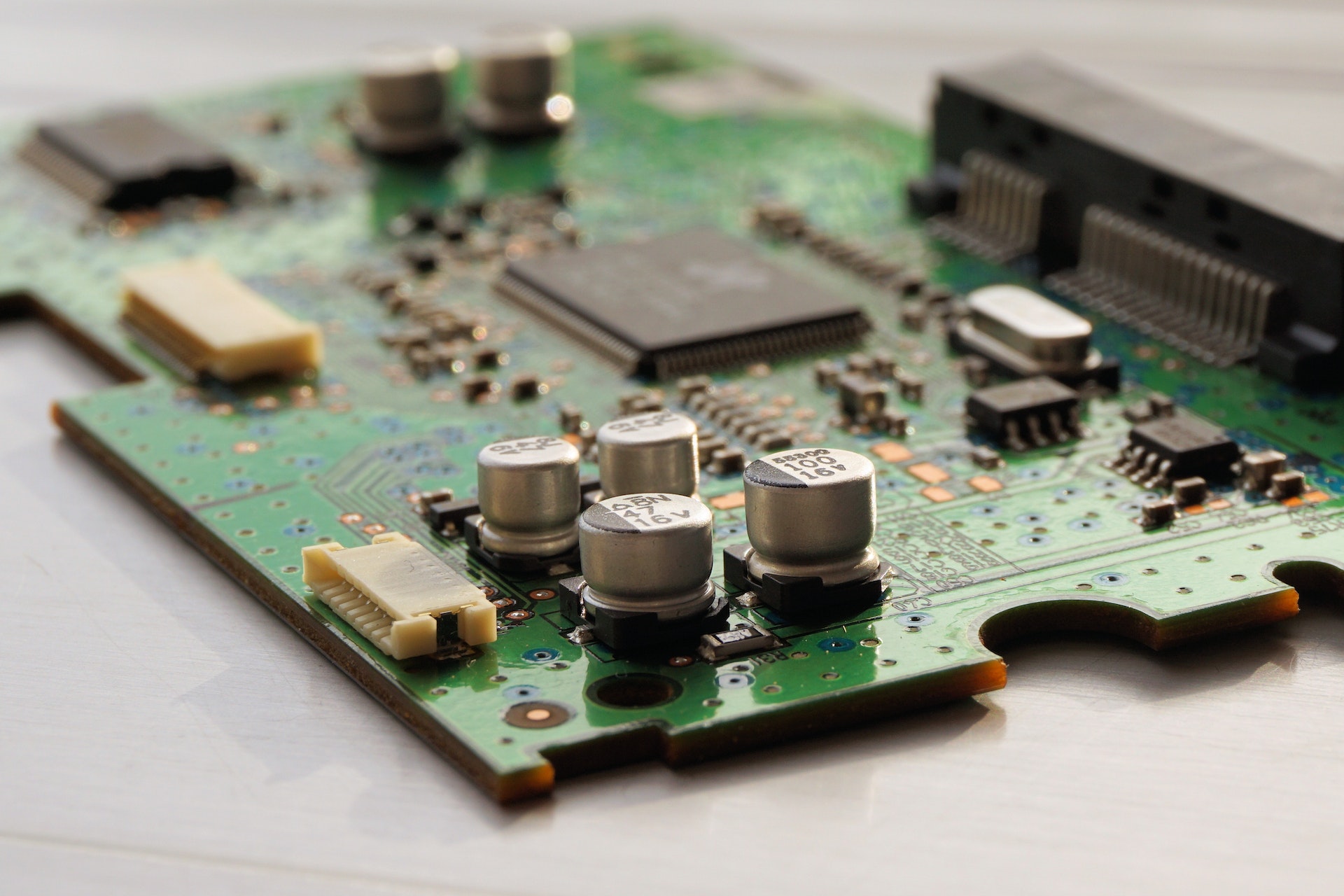AMD Stock Price Falls Despite AI Chips for Chinese Market: Shares of Advanced Micro Devices, Inc. (AMD) took a sharp nosedive, plummeting 7.68% in today’s trading session, following a series of positive developments and announcements by the company. Despite the setback, AMD’s CEO, Lisa Su, remains optimistic about the company’s prospects, especially in the Chinese market.
During an earnings call with investors on Tuesday, Lisa Su revealed AMD’s intention to venture into the vast potential of the Chinese market by considering the development of AI chips tailored to comply with U.S. export curbs. In recent times, both Nvidia and Intel have taken a similar approach, indicating a trend within the semiconductor industry.
The Chinese market holds immense importance for AMD, but the current export controls pose challenges for its product sales, particularly the MI300 chip series. Unlike its competitors, AMD is yet to produce chips specifically designed for export under the prevailing regulations. Lisa Su acknowledged the limitations but expressed confidence in exploring alternatives.
To overcome these hurdles, AMD is actively evaluating the creation of modified versions of the MI300 and older MI250 chips, ensuring adherence to the U.S. Department of Commerce restrictions. The company believes this strategic move will enable it to navigate the complex export landscape while pursuing growth opportunities in China.
One of the crucial drivers of AMD’s growth strategy is the MI300 chip, poised to compete head-to-head with Nvidia’s powerful graphics processing units. The chip’s capabilities are expected to bolster AMD’s data center business, paving the way for a projected 50% growth in the latter half of the year.
The decision to cater to the Chinese market comes after last year’s implementation of stringent measures by the U.S. government to curb exports of various chips to China. This move affected major players like Nvidia, which faced restrictions on exporting its flagship A100 and H100 chips. In response, Nvidia adapted by designing China-export versions, the A800 and H800, with reduced capabilities compared to their counterparts.
Likewise, Intel responded by developing the Gaudi2 processor, exempt from U.S. export restrictions. With approximately 27% of Intel’s total revenue stemming from billings to China in the last fiscal year, the Chinese market’s significance in the semiconductor industry is undeniably evident.
AMD Stock Price Falls Despite AI Chips for Chinese Market but Despite the recent stock downturn, AMD remains committed to its strategic vision, focusing on innovation and expanding its market presence. The company’s endeavors in the Chinese market are not without challenges, but the potential rewards in one of the world’s largest economies make it a risk worth taking.
Investors and industry experts are keenly observing AMD’s moves as it navigates the intricacies of export regulations and strives to carve a niche in the dynamic and high-growth Chinese market. The success of AMD’s tailored AI chips and its ability to penetrate China’s tech-savvy consumers could prove to be a game-changer for the company’s future growth trajectory.



